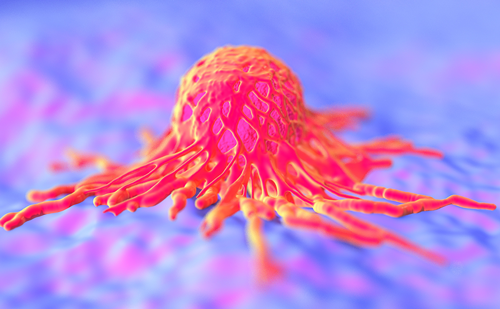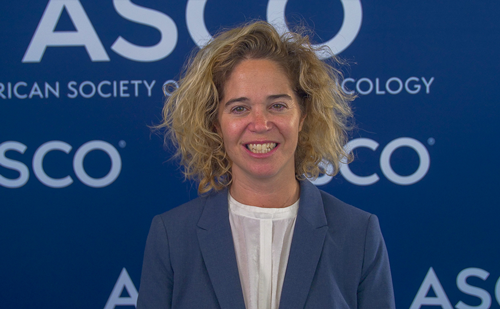Professor Jonathan Trent MD, PhD is Associate Director for Clinical Research at the Sylvester Comprehensive Cancer Center, University of Miami Health System, Miami, Florida, USA. In this interview, he discusses the challenging state of the art of immunotherapy of gastrointestinal stromal tumors (GISTs) today and the clinical usefulness of profiling “wild-type” GIST. He discussed this in greater detail in his presentation at the ESMO Sarcoma and GIST Symposium 2020 in Milan, Italy.
Q. What are the most important unmet needs in the treatment of GISTs?
We received great news with the recent approval of avapritinib for advanced, PDGFR-mutant GIST and larotrectinib for advanced, NTRK-translocated cancers, including GIST. Until these approvals, the only approved treatments for metastatic GIST are imatinib, sunitinib and regorafenib. However, ripretinib is likely to be approved for use in the 4th line setting based on the results of the randomised, phase III, placebo-controlled trial. Additionally, avapritinib is being studied in a phase III 3rd line comparison to regorafenib while ripritenib is in a phase III trial versus sunitinib in second line. If all of these studies are successful we will have 6 agents to treat the majority of GIST patients. However, all of these agents are effective by the same mechanism of action. We need new agents that act through novel mechanisms such as enhancing apoptosis, inhibiting autophagy, activating the immune system, or perturbing cellular metabolism.
Q. How has molecular profiling changed the treatment landscape of GISTs?
Molecular profiling should be required for all gist patients who will be treated with a systemic therapy. The molecular etiology and driver mutation for GIST includes KIT exon 11, KIT exon 9, PDGFR, PDGFR D842V, RAF, NTRK-translocation. Each of these is treated with a different medication or, in the case of KIT exon 9 mutant GIST, with a higher dose of imatinib 800 mg.
Q. How does the immunological profile of the microenvironment of GISTs affect outcomes and treatment response?
There are no proven effective immunotherapies for GIST. Chen et al. studied the combination of imatinib plus interferon-alpha and found activation of the immune system within tumors and in patients peripheral blood via increase in cytotoxic T-Cells and interferon-gamma production and a decrease in T-Reg suppressor cells.
Q. What is the potential role of immune checkpoint inhibitors in the treatment of GIST?
Single agent immune-checkpoint inhibitors have been largely ineffective. The combination of ipilumimab plus nivolumab in GIST has been explored by Singh et al. Preliminary data suggest potential anti-tumor activity although these data have not been validated nor peer-reviewed.
Q. What other immunotherapeutic treatment approaches are emerging for GISTs?
Some are working on cellular therapies such as a CAR-T cell that can attack GIST cells via their KIT receptor.
Support: No funding was received in the publication of this insight article.
Published: 20 March 2020





